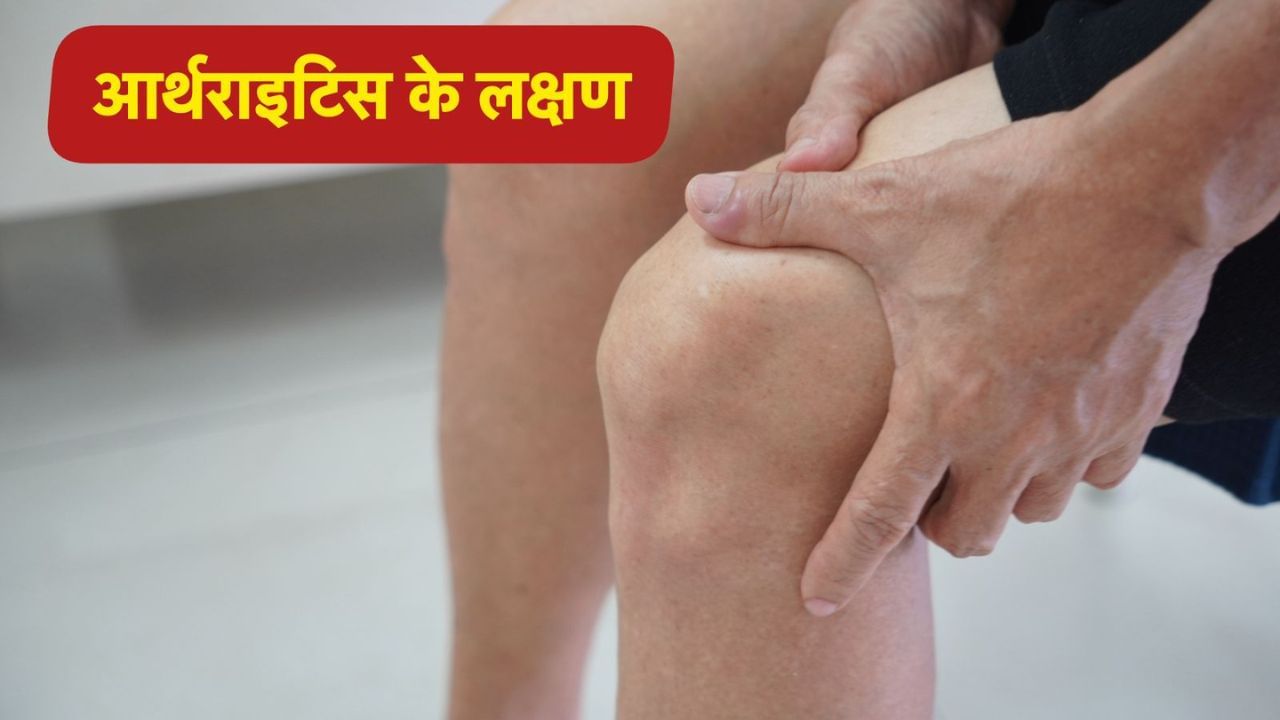Symptoms of Arthritis Image Credit source: Getty Images
Arthritis: Arthritis is a disease of the joints in which the joints of the bones become swollen and pain, stiffness or swelling is felt in them. This disease can occur at any age, but people above 40 years of age, women and those in whose family this problem already exists are more at risk. There are many types of arthritis, of which osteoarthritis and rheumatoid arthritis are the most common. If the initial symptoms are ignored, it can even affect the ability to walk.
Arthritis The causes include aging, excessive pressure on joints, old injuries, calcium deficiency in the body, obesity and immune system disturbances. In rheumatoid arthritis, the body’s immune system mistakenly attacks its own joints, causing swelling and pain. At the same time, in osteoarthritis, the cushion i.e. cartilage present between the bones of the joints gradually wears away. Its risk is higher in those people who carry heavy weight, sit in wrong position or remain in the same position for a long time. If timely treatment is not received, wear and tear of bones increases and joints may become permanently stiff. Due to this, the person faces difficulty in walking and doing daily work.
What are the early symptoms of arthritis?
Dr. L.H. at Lady Hardinge Hospital. fraudster It is said that arthritis usually starts with mild pain and stiffness in the joints, which gradually increases. Its initial signs are feeling of stiffness, swelling or heaviness in the knees, fingers or waist after waking up in the morning. In osteoarthritis, the cartilage between the joints starts wearing away, causing pain in the knees, hips and spine and difficulty in walking.
Whereas in rheumatoid arthritis, pain usually occurs in the same joints on both sides, such as both knees or both wrists, and heat and redness may also be seen at the affected area. Pain and swelling are felt more when the weather changes or cold increases. If these symptoms persist, you should immediately consult a doctor so that the disease can be controlled before it progresses.
How to protect?
Do light exercise or yoga daily so that joints remain flexible.
Keep your weight under control, so that there is not too much pressure on the joints.
Take a diet rich in calcium and vitamin D.
Avoid sitting in the same position for a long time.
Keep joints warm in cold weather.
If you feel pain or swelling, consult a doctor immediately.
Avoid fried foods and junk food.
